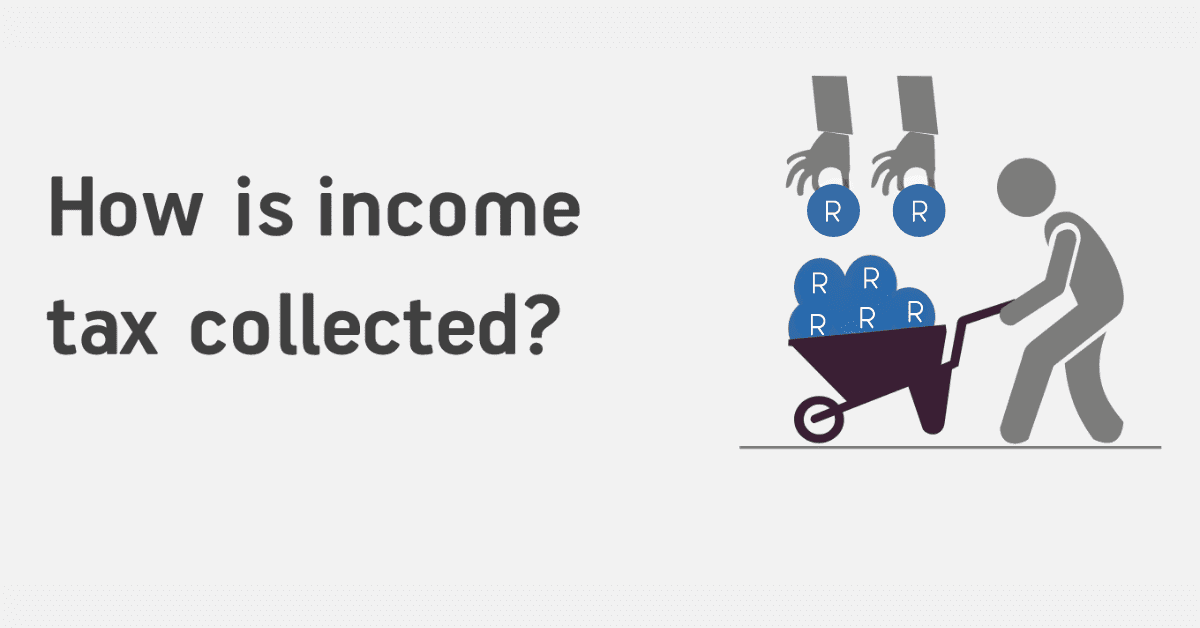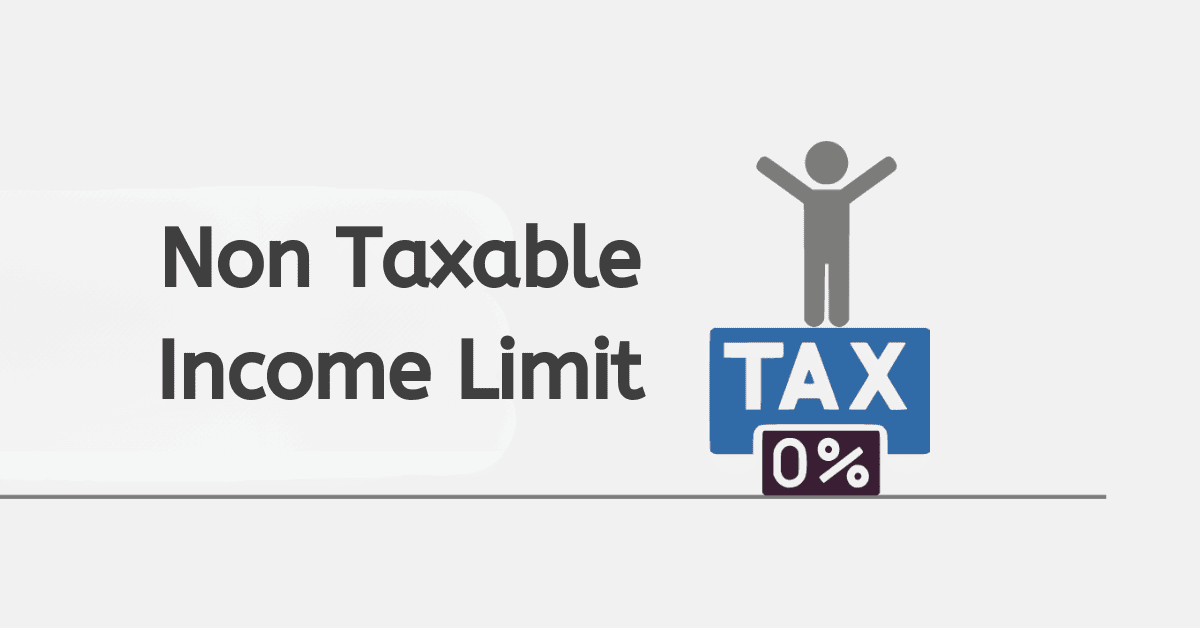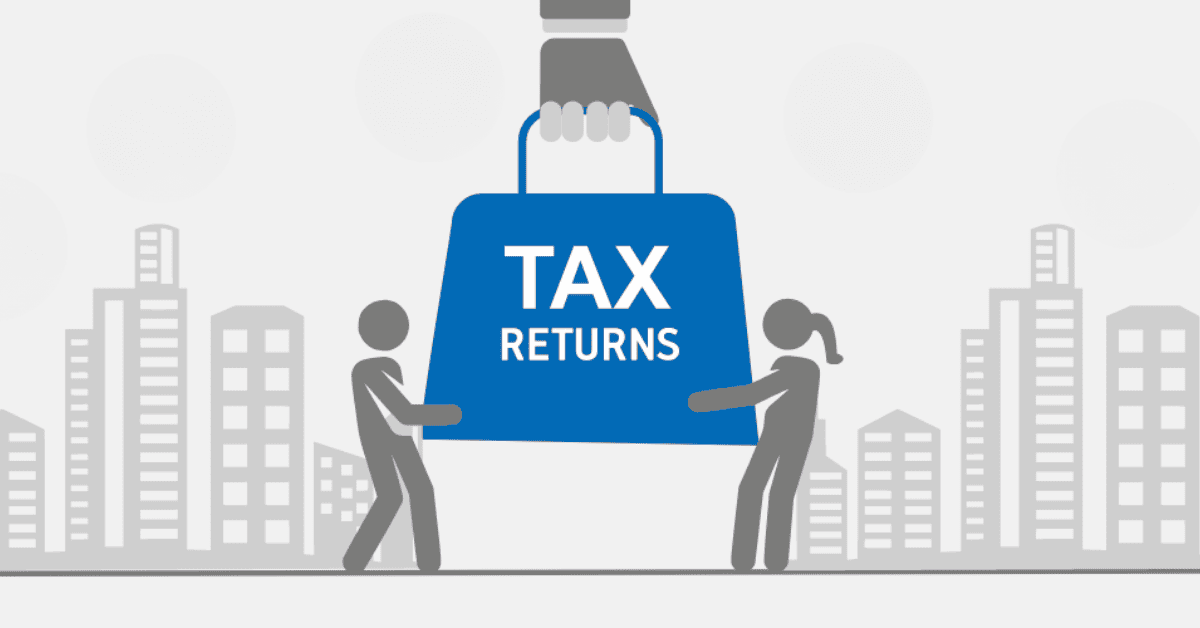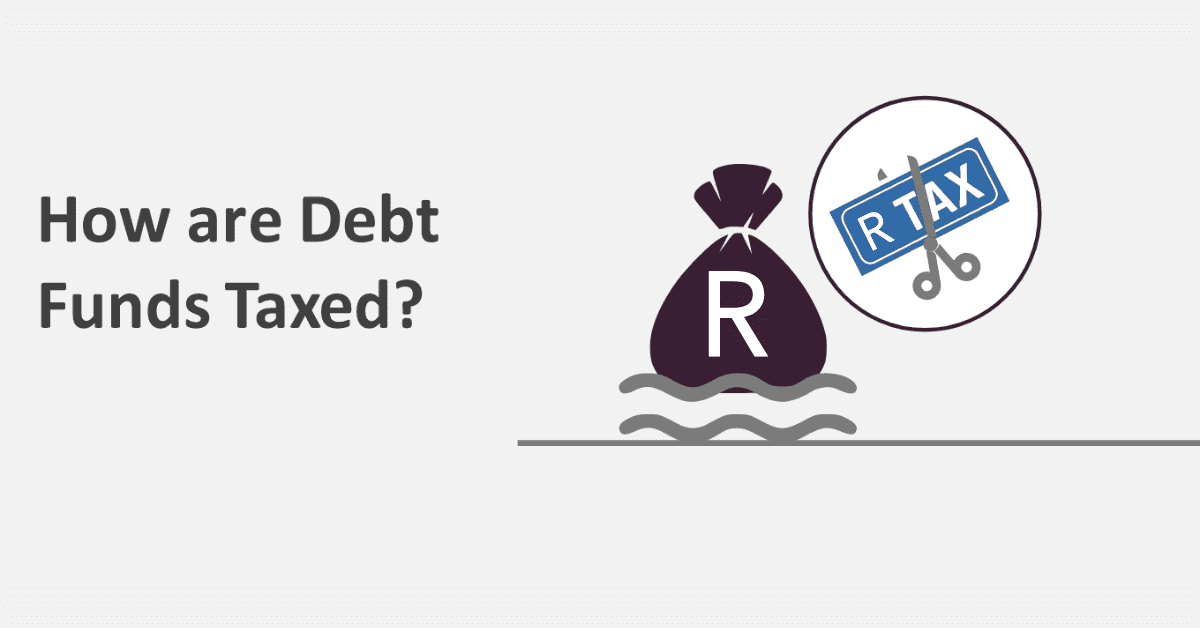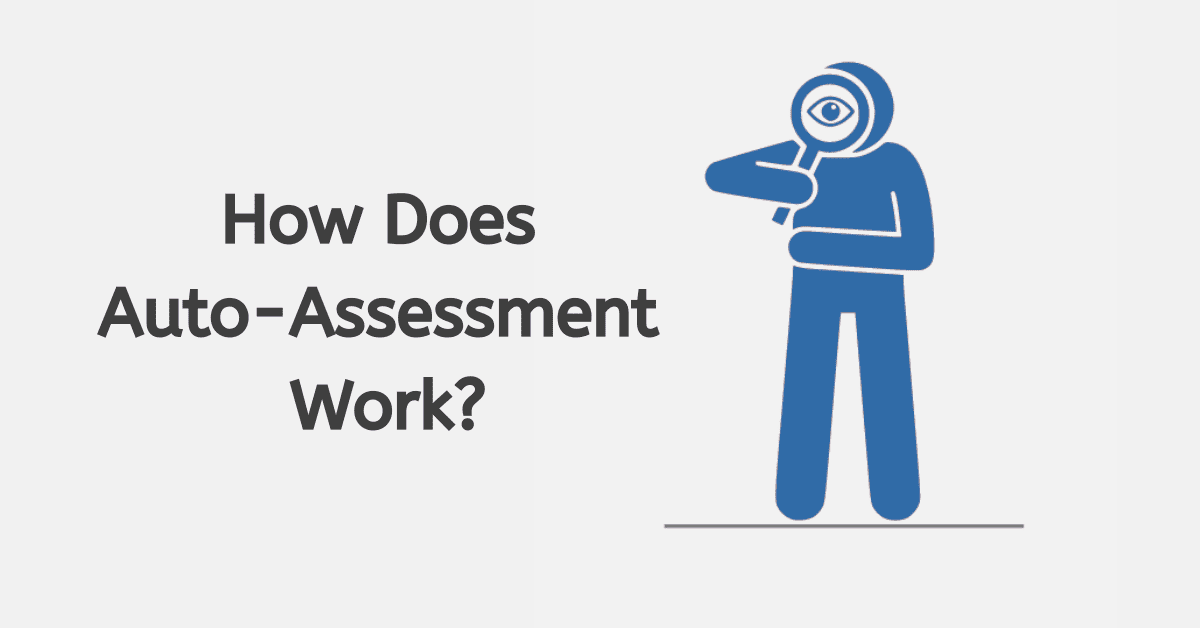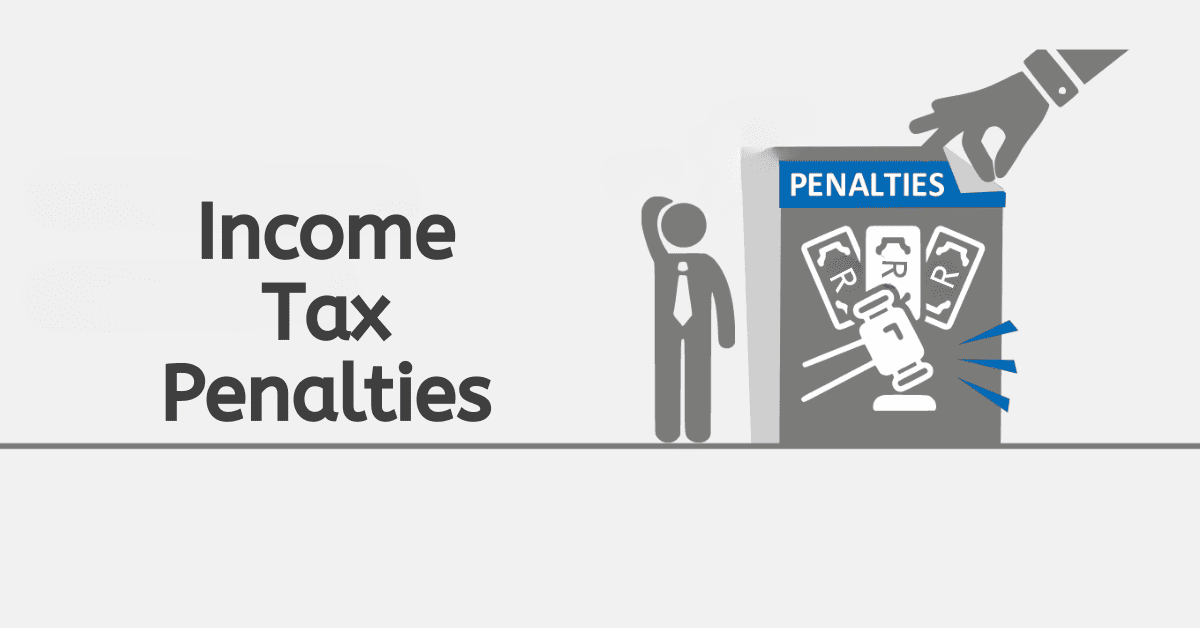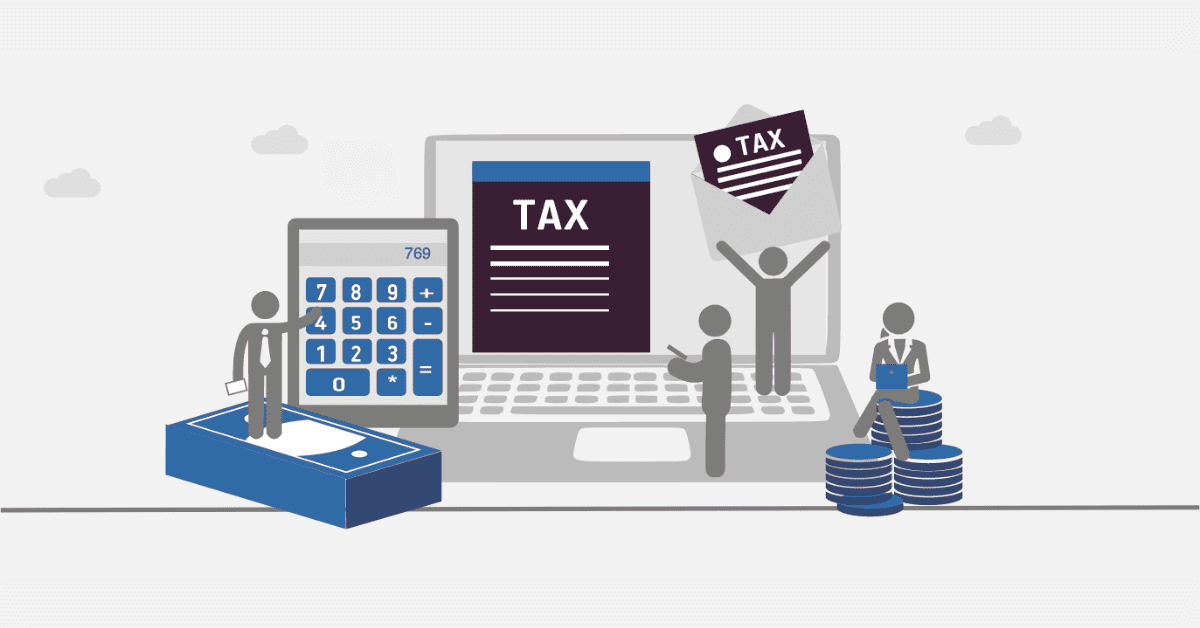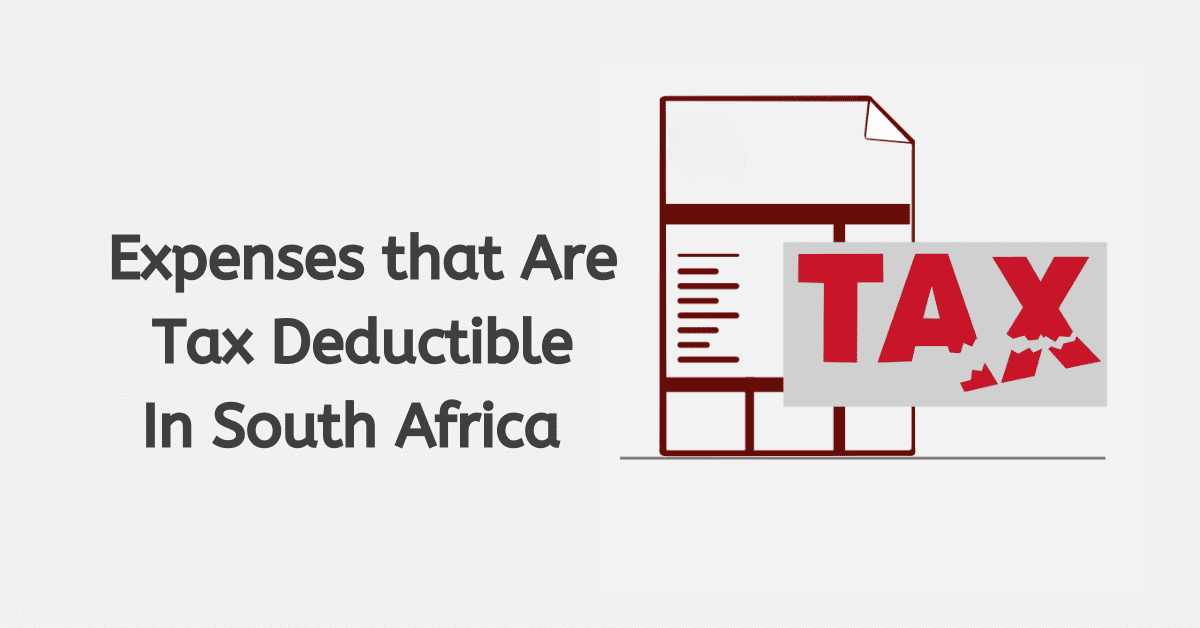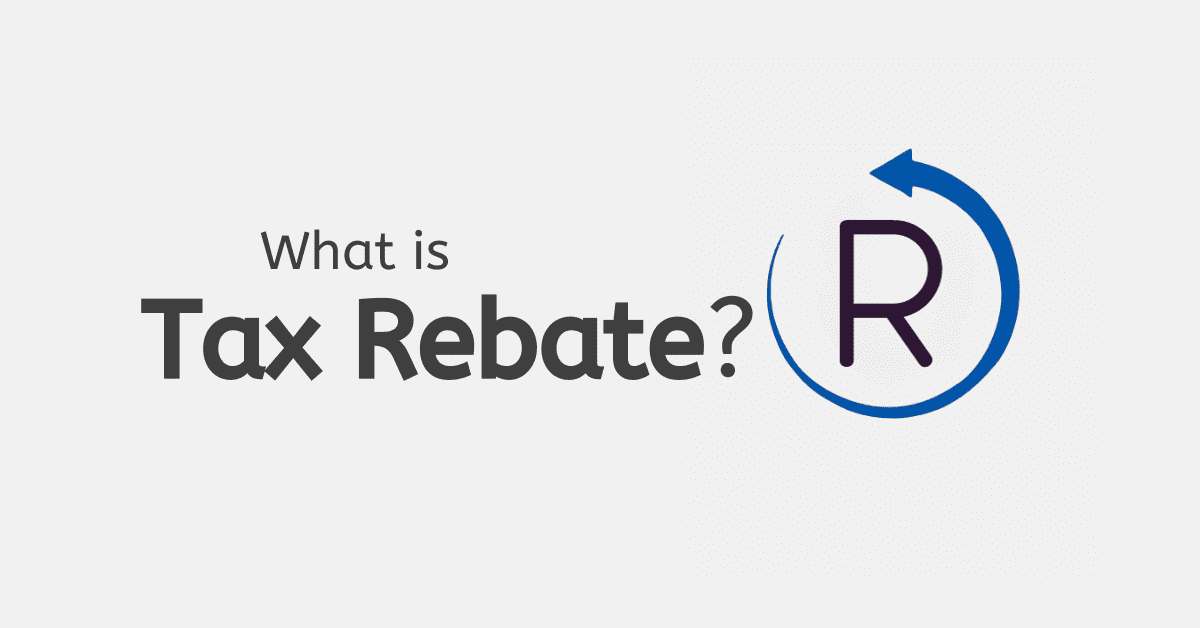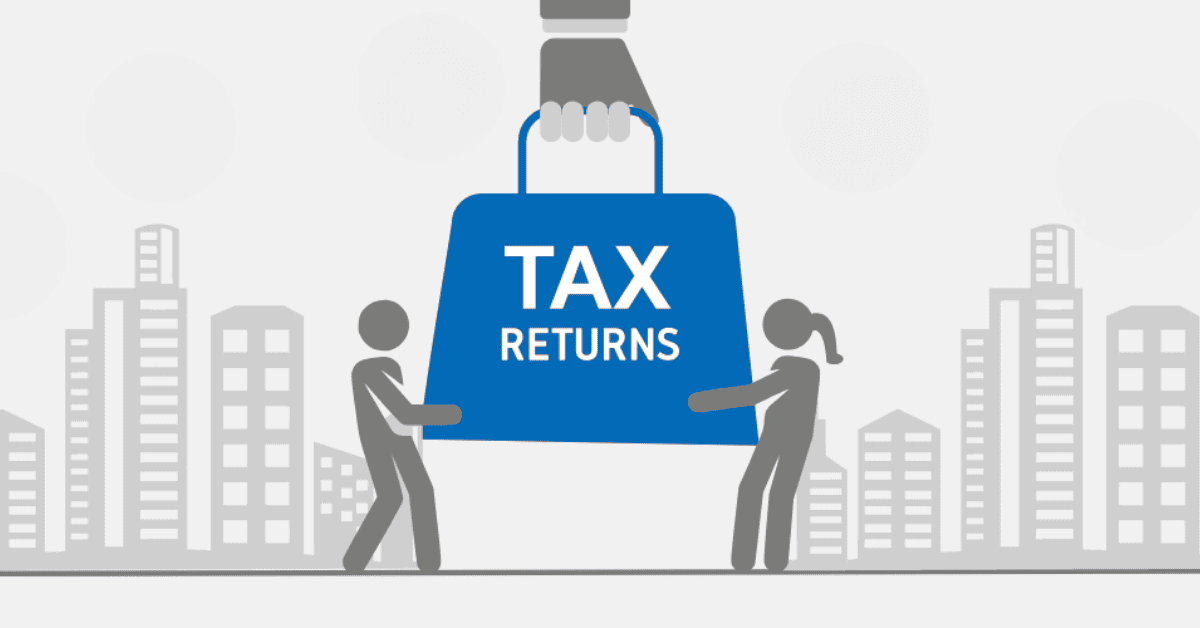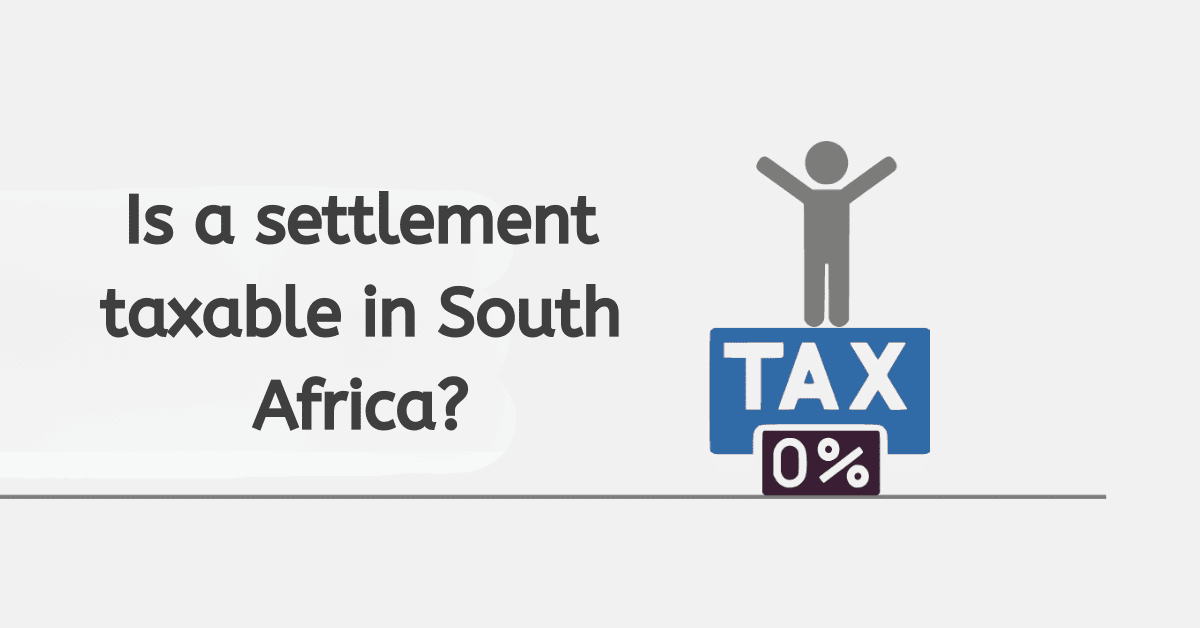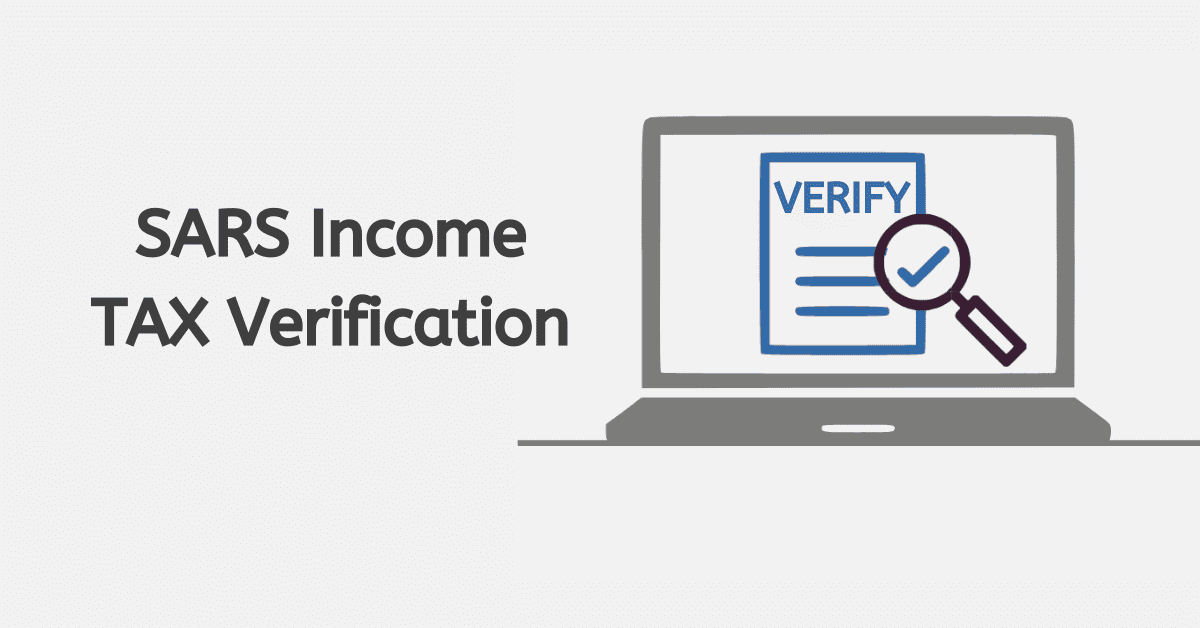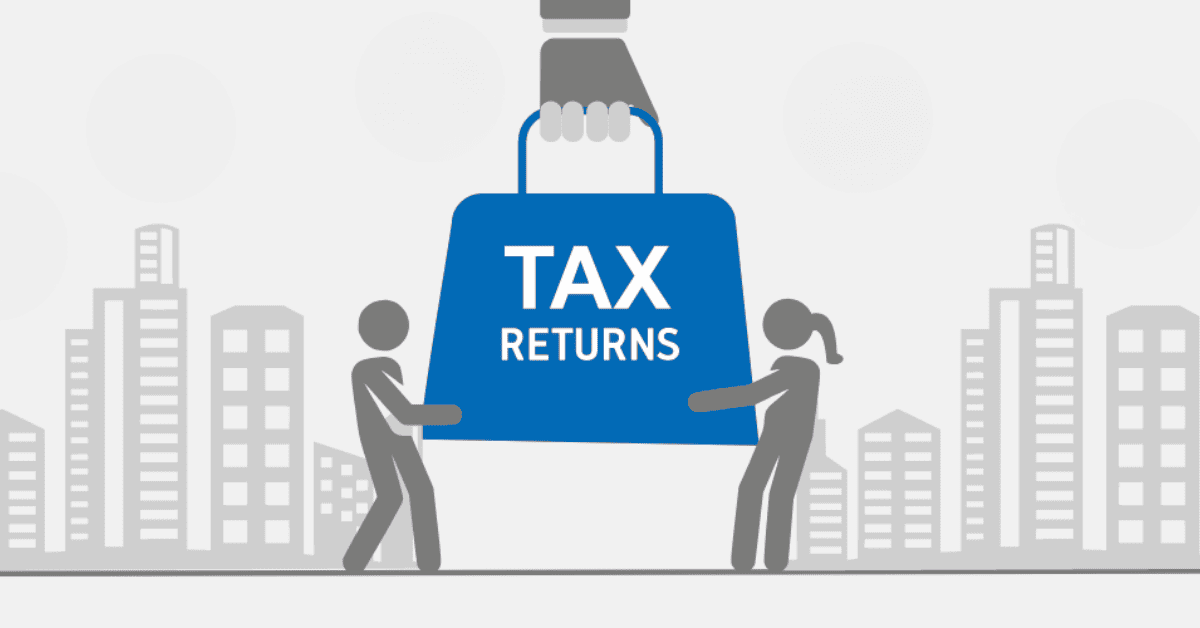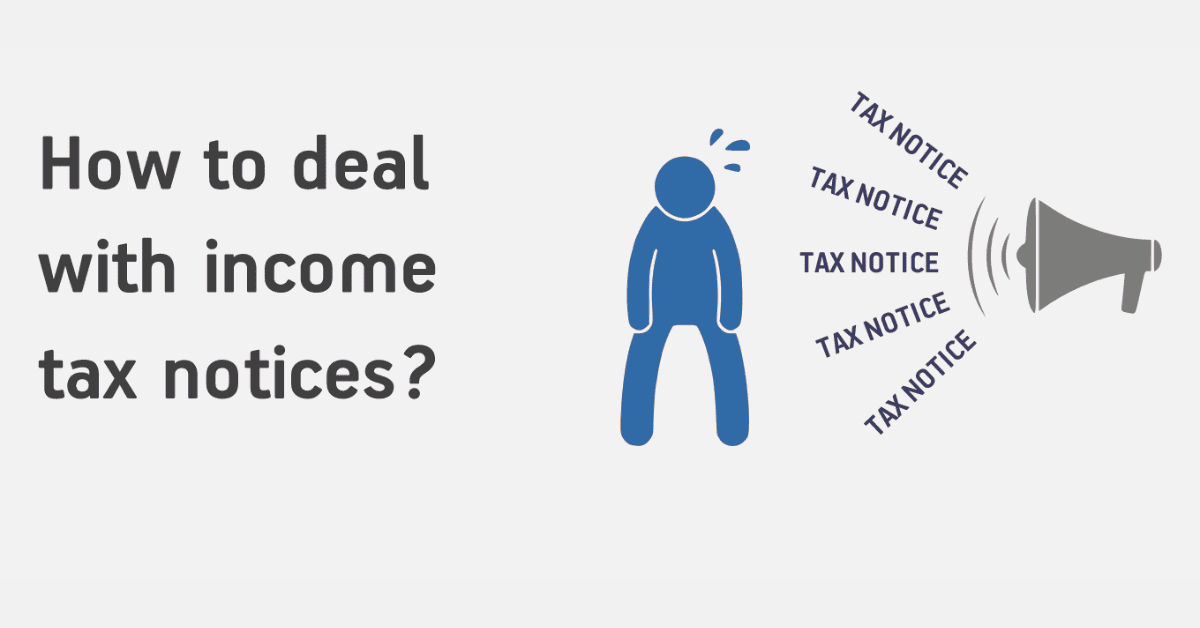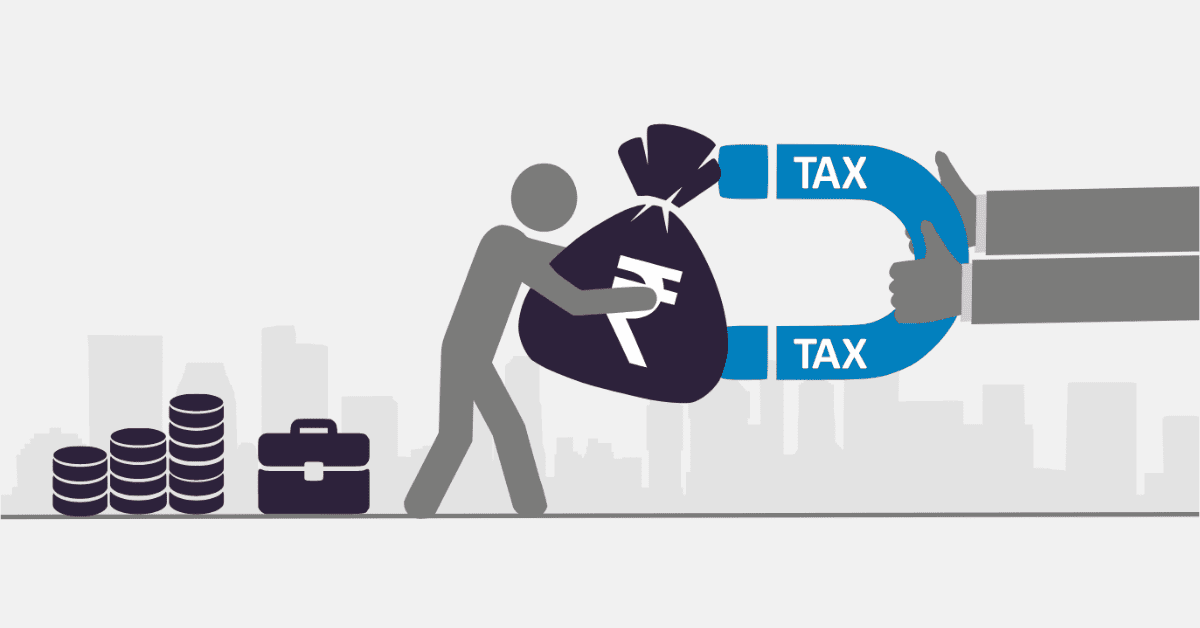South Africa’s got a tax tale, and the star of the show is the South African Revenue Service, or SARS for short. It’s like a tax cocktail here, with different taxes bringing their unique flavors to the party. Think income tax, value-added tax (VAT), and corporate tax – they’re all form this tax mix.
Now, if you’re an individual or a business in South Africa, understanding this tax cocktail is key. You need to know which tax to pay, how to pay it, and when it’s due. It’s like knowing the recipe to a complex dish – every ingredient matters, and timing is everything. So, whether you’re earning an income, adding value, or running a corporation in South Africa, remember – SARS has a tax for that! And knowing how to navigate this tax system? Well, that’s the secret ingredient to thriving in South Africa’s vibrant economy. So, let’s raise a toast to understanding taxes – here’s to a prosperous journey in South Africa!
Is tax paid monthly or yearly in South Africa?
Imagine tax payment in South Africa as a monthly subscription, like your favorite streaming service. In the monthly money dance, your employer takes center stage, swiping Employees Tax from your paycheck and zipping it off to SARS. It’s like a paycheck pas de deux, and it’s called Pay-As-You-Earn.
But here’s the twist – while you pay this ‘subscription’ monthly, the assessment is done annually. Imagine it’s a TV series, starting March 1st and wrapping up at February’s end. Now, the tax season? It’s like the thrilling season finale, launching in July and rolling till November, depending on your filing style. This is the time when everyone submits their tax return forms, kind of like a season recap.
So, while you’re paying your taxes every month, remember, the big review happens once a year. It’s a unique blend of the monthly and yearly, a rhythm that keeps South Africa’s tax system running smoothly.
At what monthly income do you pay tax?
In the context of South Africa, a specific threshold exists in relation to income tax. The term used to refer to this concept is the tax threshold. Consider it as the initial point of departure in a competitive race. The demarcation point for the 2025/2026 tax year is set at R7605 per month. If the taxable earnings dips below a special threshold, consider yourself off the income tax hook. But hold on, this is where everything becomes exciting.
The establishment of this criterion is not rigidly fixed. The phenomenon might be likened to that of a chameleon, as it undergoes alterations contingent upon variables such as one’s age. The numerical value R7605 may hold significance for certain individuals, however it is subject to variation among various individuals. The situation can be likened to a game of tax threshold roulette, in which the rules may vary with each subsequent turn.
How do you calculate annual PAYE for the year?
Let’s dive into the world of PAYE calculation in South Africa. Imagine your earnings as a cake. Depending on how often you get paid, you multiply this cake by 52 weeks, 26 weeks, or 12 months to get a bigger cake – your annual amount. This is then applied to the SARS tax tables, kind of like a recipe, to calculate your annual tax.
But wait, there’s more! To get your taxable income, you need to do a bit of baking magic. You subtract the pension/provident/RAF (limited to 27.5% of salary, capped at R350k) and 20% of travel allowance from the annual gross salary.
What is the cut off time for SARS payments?
In the context of South Africa, ensuring timely SARS payments might be likened to the act of catching a train, emphasizing the need of punctuality. The deadline for these payments is contingent upon the particular financial product being utilized. Each banking product operates according to its own unique timetable.
As a taxpayer, it is incumbent upon you to ensure that your payment is remitted prior to the designated deadline of your selected banking instrument. This process guarantees the timely reflection of your funds in the SARS bank account, analogous to ensuring one catches a train punctually.
However, it is important to note that any payment received in the SARS bank account beyond the designated due date is classified as tardy, similar to the act of missing a scheduled train departure. It is advisable to closely monitor banking schedules and ensure timely submission of payments. Indeed, within the realm of taxation, the concept of timing holds significant importance.
Final Thoughts
Navigating the tax system in South Africa can feel like embarking on a safari. It’s a journey both individuals and businesses must undertake. Yes, it might seem as complex as a lion’s den at first glance, but armed with the right map (information) and a trusty guide (guidance), it becomes a manageable adventure.
Now, here’s a golden rule of this tax safari – always pay your taxes on time. It’s like arriving at the watering hole before sunset. Delay, and you might find yourself facing penalties, or worse, interest charges, just like a herd of stampeding elephants!
So, whether you’re an individual standing tall like a giraffe or a business sturdy as a buffalo, remember – understanding the tax system is your key to thriving in the wild plains of South Africa’s economy.
